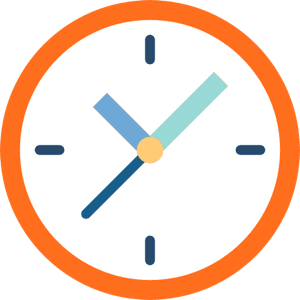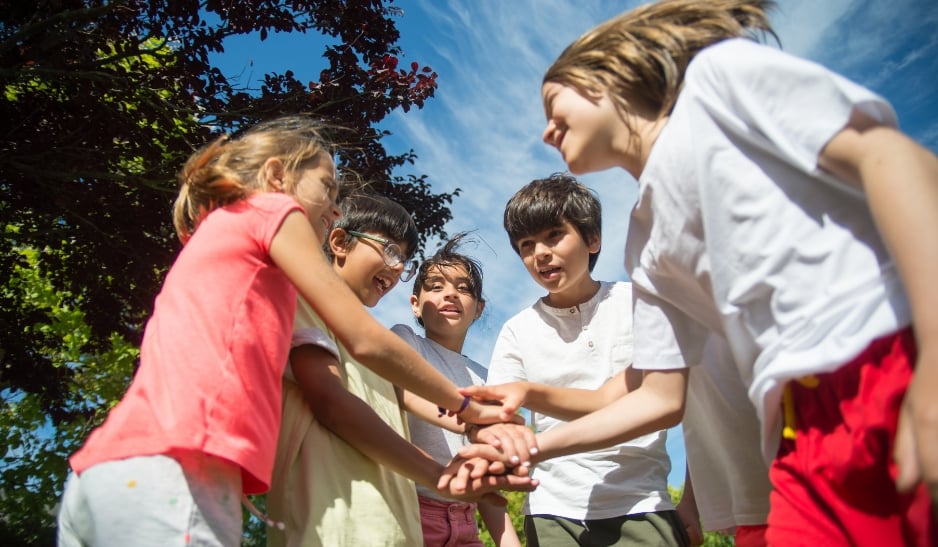Success Strategies for Out-of-School Time (OST) Programs

Success Strategies for Out-of-School Time (OST) Programs
Out-of-School Time (OST) programs provide an often underutilized opportunity to enrich children’s education beyond the conventional classroom setting. These programs encompass activities conducted after school hours, during weekends, or holidays, offering an avenue for holistic learning and development. The importance of OST programs in the broader context of inclusive education cannot be understated. They allow children from different backgrounds to engage in non-formal learning environments, promoting diverse interactions, and fostering social-emotional growth. We will delve into four key strategies that enhance the success of OST programs: engaging activities, collaboration with families and communities, staff professional development, and program evaluation.
Creativity Unleashed: The Power of Engaging Activities
A cornerstone of any successful OST program is its ability to offer activities that are both engaging and enriching. These activities serve as a bridge, connecting the children's natural curiosity with opportunities for exploration, knowledge acquisition, and skills development. Achieving this balance ensures that children are not just passive participants but active learners, eager to grasp new concepts, explore fresh perspectives, and create innovative solutions. In the realm of inclusive education, engaging activities mark the shift from conventional textbook-based learning to a more dynamic, hands-on, and holistic educational experience.
A comprehensive approach to activity design entails embedding educational standards within exploratory and creative frameworks. It's about integrating maths within a baking session, incorporating physics in a fun roller coaster design project, or weaving ecological principles within a gardening activity. The key here is to ignite children's imagination, fuel their creativity, and stimulate their critical thinking skills, essentially nurturing a passion for lifelong learning.
Further, it's crucial to diversify the range of activities on offer to cater to different interests and abilities. This may encompass everything from science experiments and art projects to coding classes and sports. A particularly successful example of this is an OST program in San Francisco, which provides children with weekly robotics workshops. Here, children don't just learn about robotics; they actively collaborate on designing and programming robots. This interactive approach enhances their technical skills, improves their problem-solving abilities, and fosters teamwork. It is not just education anymore; it's an exciting journey of discovery, showcasing the true power of engaging activities in making learning a vibrant and exhilarating adventure.
A Community Affair: Fostering Family and Community Collaboration
A child's education is not confined to the school environment. The most effective OST programs extend learning beyond their physical confines, fostering strong bonds with families and the broader community. This relationship is reciprocal; parents and community members bring a wealth of experiences, perspectives, and resources to enrich the program, while the program provides opportunities for community engagement and family involvement in education.
Active community engagement fosters a sense of ownership and support for OST programs, transforming them into community projects. In Detroit, an OST program turned a vacant lot into a vibrant community garden. Students, parents, and community members collaborate in tending the garden. The children benefit from hands-on learning about nature and biology while strengthening their ties with the community and learning valuable lessons about teamwork and responsibility.
Heroes Behind the Scenes: Elevating Staff Through Professional Development
The heart of any successful OST program beats within its staff. The commitment, creativity, and passion that these individuals bring to their work play a pivotal role in shaping the children's learning experiences. They are the architects of the engaging activities that spark children's curiosity and drive their quest for knowledge. Consequently, their professional development becomes a vital element in the lifeblood of any successful OST program, underpinning its capacity to deliver a rich, diverse, and inclusive educational experience.
Professional development for OST staff should be holistic and multifaceted, encompassing a comprehensive range of topics. These could include understanding child psychology to devise effective engagement strategies, mastering behavior management techniques to maintain a conducive learning environment, implementing safety protocols to ensure the wellbeing of every child, and designing inclusive education strategies to cater to children from diverse backgrounds. This breadth of learning equips the staff with a versatile toolkit, enabling them to respond adeptly to the dynamic needs of their learners and the evolving landscape of education.
But the journey of professional development should not be a one-off event. Rather, it needs to be an ongoing process, a consistent commitment to learning, growing, and adapting. This might involve staying updated with the latest pedagogical research, adapting effective teaching strategies, discovering innovative activity ideas, and refining delivery methods. These could be achieved through a variety of avenues such as regular workshops, seminars, online courses, or even peer-to-peer mentoring, ensuring that learning and growth are integrated into the daily fabric of the OST program.
Investing in staff development is not merely about enhancing the quality of program delivery. It goes beyond that to impact the staff morale and their commitment to the program. When staff members feel valued, when they see their growth intertwined with the program's growth, they bring a heightened level of enthusiasm and dedication to their work. They become more invested in their role, more committed to the program's mission, and more inspired to make a difference in the lives of their learners. It's a powerful ripple effect that starts with investing in professional development and culminates in an enriched, vibrant, and effective OST program.

The Feedback Loop: Program Evaluation and Continuous Improvement
The sustainability and effectiveness of an OST program rely heavily on a robust program evaluation mechanism. This involves systematic collection and analysis of data related to program activities and outcomes. It provides an objective assessment of what’s working well, and more importantly, what needs to be improved. Evaluations can utilize a mix of quantitative and qualitative methods, like pre-and post-activity assessments, surveys, and interviews with students, parents, and staff.
Using insights from these evaluations, OST programs can initiate a cycle of continuous improvement. This means regularly updating the program curriculum, refining activity designs, and improving delivery methods based on feedback. For instance, if the program evaluation reveals that students struggle with a certain science experiment, it could be redesigned to include more scaffolding, or staff might receive additional training on how to guide the students more effectively. This commitment to learning and adaptation ensures that OST programs remain relevant, impactful, and aligned with the goals of inclusive education.
Conclusion
OST programs serve as crucial educational platforms that extend beyond the traditional school environment, fostering holistic, inclusive education. The success of these programs lies in their ability to provide engaging activities, collaborate with families and communities, invest in professional development for staff, and regularly undertake program evaluation for continuous improvement.
With these objectives in mind, we cannot disregard the role of streamlined administration and efficient management in the success of OST programs. That's where Curacubby shines. Our platform is designed to provide comprehensive assistance in organizing, scheduling, and tracking various program-related tasks. By taking care of these complexities, Curacubby helps educators focus more on what matters most - creating vibrant, enriching OST experiences for children. Let's continue striving to empower our educators, engage our parents, and mobilize our communities to leverage the immense potential of OST programs and secure a brighter future for our children. Together with Curacubby, let's make inclusive education a reality for all.









